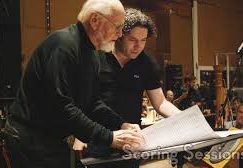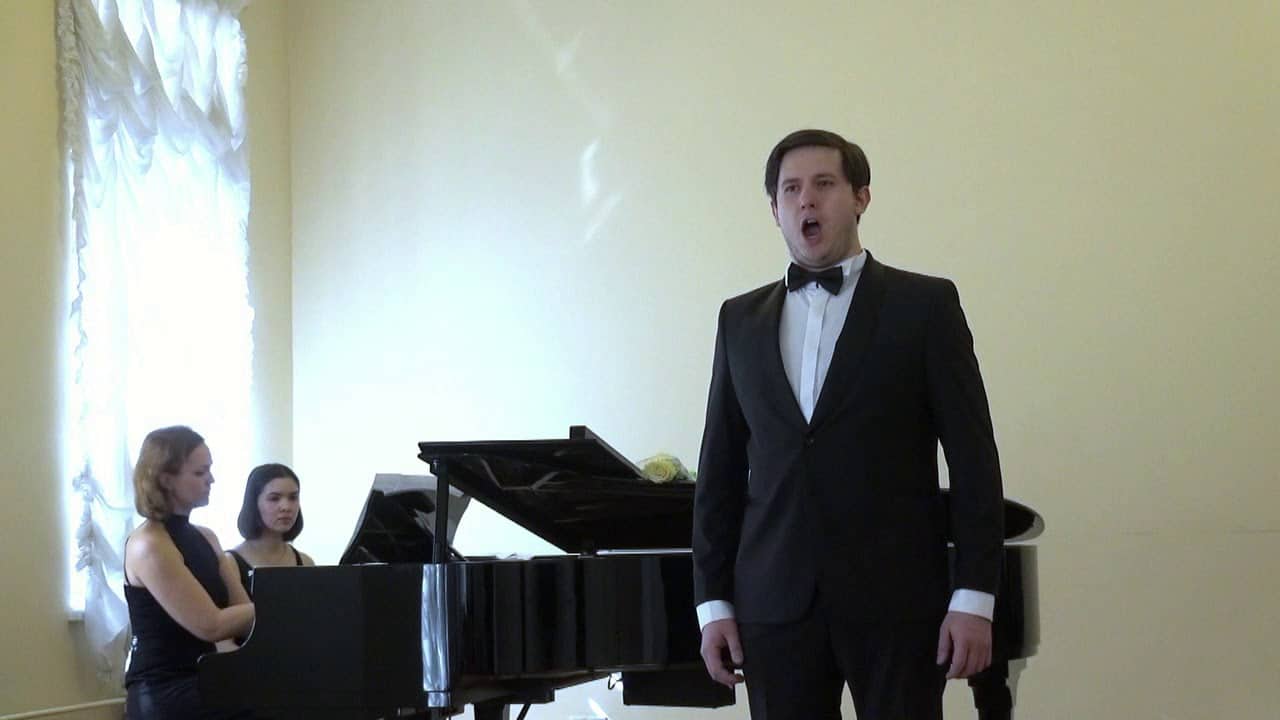‘Influenced by the legendary John Williams’
OrchestrasA PR has just pitched us a seasonal orchestral work by a young British composer, whom we will spare second-degree embarrassment.
Her new work is ‘influenced by the legendary John Williams and infused with a captivating charm comparable to his, along with distinctive components that will have you glued to the edge of your speakers.’
Given that Williams is the most eclectic of composers, referencing Mahler, Strauss, Prokofiev and Korngold among others, I guess this would make anyone who follows him a second-gen influencee.






“most eclectic of composers, referencing Mahler, Strauss, Prokofiev and Korngold”
You forgot Copland and Stravinsky.
What’s wrong about referencing other composers?
Without Wagner, Bruckner and Rott, there wouldn’t be Mahler.
When will you finally accept that music is a process of cultural evolution, where styles inevitably build upon each other?
I have a lot of admiration for John Williams and think he deserves all the success and credit coming to him.
John Williams is a legitimate successor to Richard Strauss for the new fanfare of the Vienna Philharmonic.
And why cannot an eclectic be legitimately influential? There are failure eclectics and successful eclectics. You can make a long list of (very talented) Hollywood, and I suppose television, composers, who endlessly mined Mahler, Strauss, Prokofiev and Korngold (who himself mined Strauss, and so on). John Willaims must have been doing it as well or better than they to account for the lasting success he has found, not just with audiences but with esteemed performers.
You left out the “…among others” portion of the remark.
Another prominent influence always overlooked in Williams’ case is Howard Hanson – likely because Hanson himself is now long overlooked.
ALW would be nothing without the wholesale pilfering of Puccini, Mendelssohn and Pink Floyd.
Sonic wall to wall carpeting by Julia Thomsen, whose “Angels of Peace” can be heard here:
https://www.pressparty.com/pg/newsdesk/globalsoundgroup/view/306603/#embeds
lovely to me
Nice. But she pinched the sleigh bells from Mahler’s 4th!
I presume Leroy Anderson was also influenced by Mahler.
It wouldn’t be a Slipped Disc article without Norman Lebrecht’s signature snark and pettiness.
Could’a been worse. Could’a been “influenced by Hans Zimmer.”
Williams borrowed Beethoven’s 7th for the Theme to Jaws. Thanks to Sara Willis, Berlin Phil 4th Horn for bringing that to our attention.
She was joking; lighten up. Besides, I thought the go-to comment has always been that he “borrowed” it from Dvorak 9, last mvt.
Half-steps exist in many pieces.
While he certainly fits easily into the lineage of the golden age of film music (Korngold for sure … but what would Sci-Fi be without Schreker?), JW needs to be commended on his ability to write a well-structured and instantly memorable melody, his rhythmic invention, and his understanding of instrumental color. I recommend listening to the podcast “The Baton” on Spotify – a passionate amateur chronicles Williams’ entire career (from 1957 to the last Star Wars film) including many of his concert works. I have always respected his work but this series convinced me of his mastery of incidental music.
Every composer is eclectic. Every. Single. One. There is no shame in that; every composer must start somewhere.
I really appreciate it that you introduced Julia’s “Angels of Peace” with me, Norman. But why shouldn’t John Williams be able to have an impact on us? When it comes to film composers, he is a living legend. You know, some of us have an open mind?
John Williams has also developed his own original style.
Check this out, Ebenezer!
https://m.youtube.com/watch?v=Js-8DD8FN1w
lol what even are you implying Bernard, that Williams does not deserve credit for inspiring others? I often worry you still believe it is the 19th century, composers inspire others, which in turn inspires others, that is how music and art works
This article makes no sense. Williams has a distinctive, easily recognizable sound of his own…